Contemporary Agriculture
Contemporary agriculture is at the crossroads of tradition and innovation, as it adapts to the challenges and opportunities of the 21st century. This dynamic field blends traditional farming practices with cutting-edge technologies to meet the growing global demand for food while addressing environmental sustainability, economic viability, and social equity. One of the key aspects of contemporary agriculture is the integration of technology. Precision farming, which uses GPS, IoT devices, and data analytics, allows farmers to optimize resource use, reduce waste, and increase yields. Drones and sensors monitor crop health, soil conditions, and weather patterns, enabling timely interventions. This tech-driven approach not only improves productivity but also minimizes the environmental footprint of farming by reducing the need for water, fertilizers, and pesticides. Sustainability is another critical focus of modern agriculture. Practices such as conservation tillage, cover cropping, and agroforestry are being adopted to maintain soil health, enhance biodiversity, and sequester carbon. The rise of organic farming and regenerative agriculture reflects a shift towards more environmentally friendly and socially responsible farming methods. These approaches aim to create a more resilient food system that can withstand the impacts of climate change and preserve natural resources for future generations. Moreover, contemporary agriculture is increasingly influenced by the global push for food security and equity. Smallholder farmers, who produce a significant portion of the world's food, are gaining access to improved seeds, financial services, and markets through initiatives driven by governments, NGOs, and private companies. The emphasis on inclusive agricultural development seeks to lift millions out of poverty while ensuring that food systems are resilient and accessible to all. In essence, contemporary agriculture is a complex, evolving field that balances productivity with sustainability. It is driven by technological advancements, a commitment to environmental stewardship, and a global imperative to feed a growing population equitably. The future of agriculture will likely see even greater integration of digital tools, sustainable practices, and innovative solutions to address the pressing challenges facing food systems worldwide.
Get it now and save 10%
BECOME A MEMBER

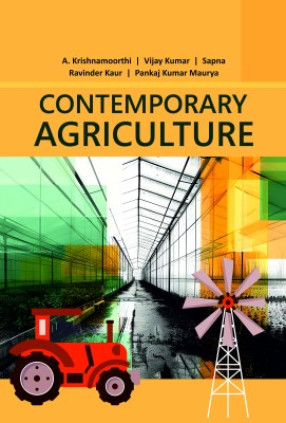
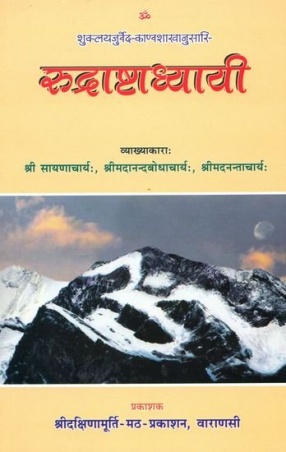
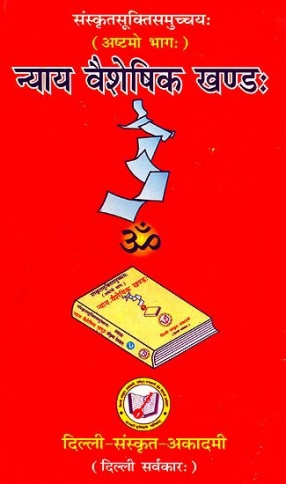
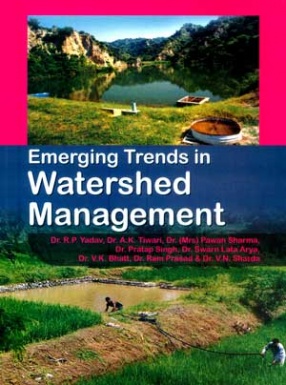
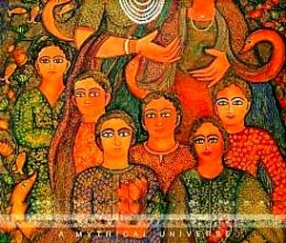
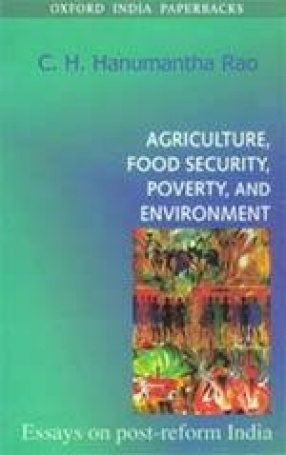
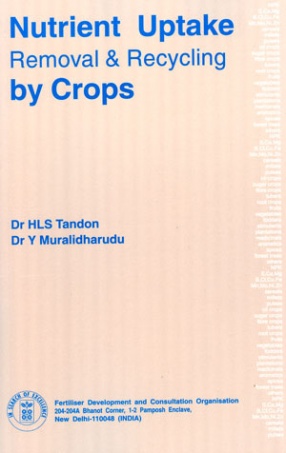

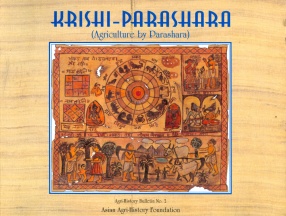

Bibliographic information
Vijay Kumar
Ravinder Kaur
Ors.